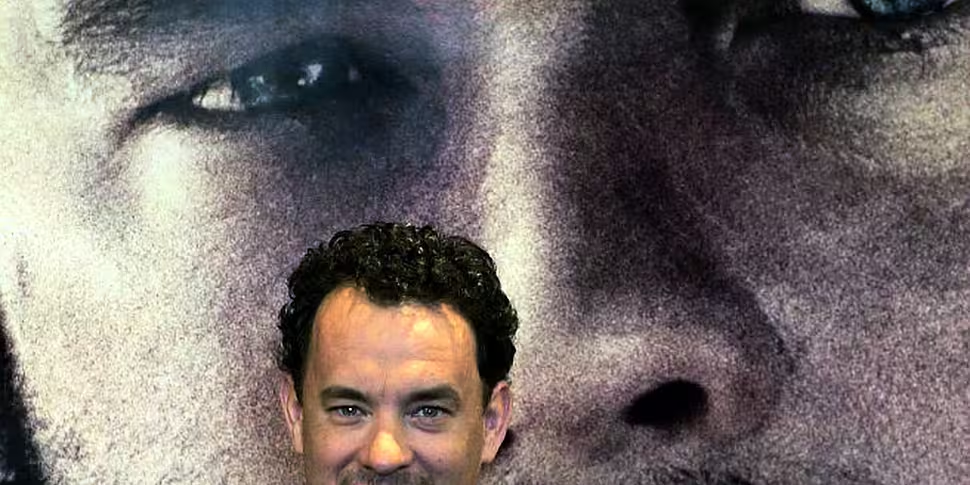"Wilson! Wilson! Willlllsssssooonnnn! I'm sorry! I'm sorry Wilson!"
Tom Hanks yelling at a volleyball does not seem like the sort of material that would have audiences fighting back the tears, but that's one of the unique successes of the 2000 film Castaway, directed by Robert Zemeckis (of Back to the Future fame).
The film was John's Fardy's choice for this week's Cultural Toolbox:
"It's a Christmas movie in the sense that it's one of those movies that you could imagine watching on Stephen's Day for two and a half hours," John observed.
Indeed the film itself opens at Christmas time, with Tom Hanks playing a FedEx engineer named Chuck. When the plane he is travelling on crashes in the Pacific Ocean, he manages to escape and save himself on an inflatable raft.
He winds up on an uninhabited island with only some washed up packages for company - and it's an island he ends up calling home for the next four years. A 'Wilson' brand volleyball that he finds in one of the packages becomes his only 'companion', especially after a convenient bloodstain gives the ball a 'face'.
"For a modern Hollywood movie it's very experimental," John explained. "It's an unusual setup for a movie in the modern age, especially one starring Tom Hanks and directed by Robert Zemeckis - who is, I love him, but he's Mr Popcorn.
"There's no music, there's no other actor - apart from the aforementioned volleyball... it is a long movie, but it's almost an epic movie".
Shane wondered whether "there is an argument that it kind of shies away from the psychological aspect of what he's going through? He kind of goes from struggling two bits of wood together to almost building the Eiffel Tower".
John disagreed, saying "there's a very subtle scene where it's intimated that he's considered taking his own life. Plus what's really clever in the narrative telling is that it isn't day-by-day, because that could become very tiresome - it fasts-forward four years, and in real time what they did is they took a year off and let him lose a lot of weight".
Is it one of the the acclaimed and incredibly popular actor's strongest performances? "It's more psychological than he's ever done," John suggested. "People talk about Philadelphia... but I actually thought that was kind of overacting. I don't think he does in this one at all.
"It makes you almost re-figure who he is, because it's a hard thing to do to be on screen alone for that length of time".
John did suggest that listeners spare a thought for Hanks, who still finds himself 'reunited' with volleyballs in real life thanks to the film's most memorable relationship...









